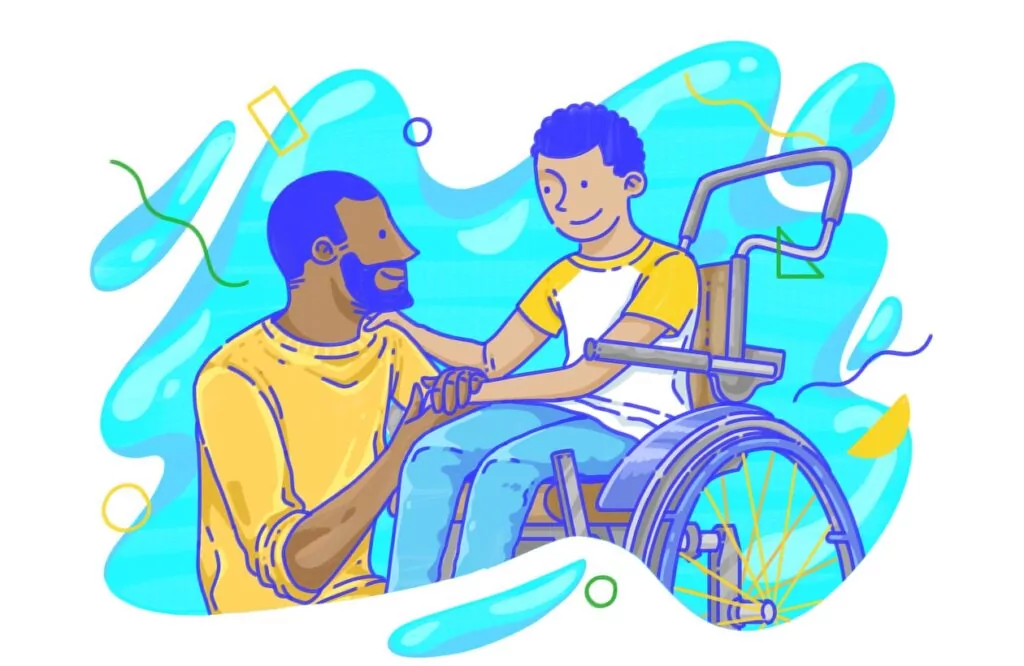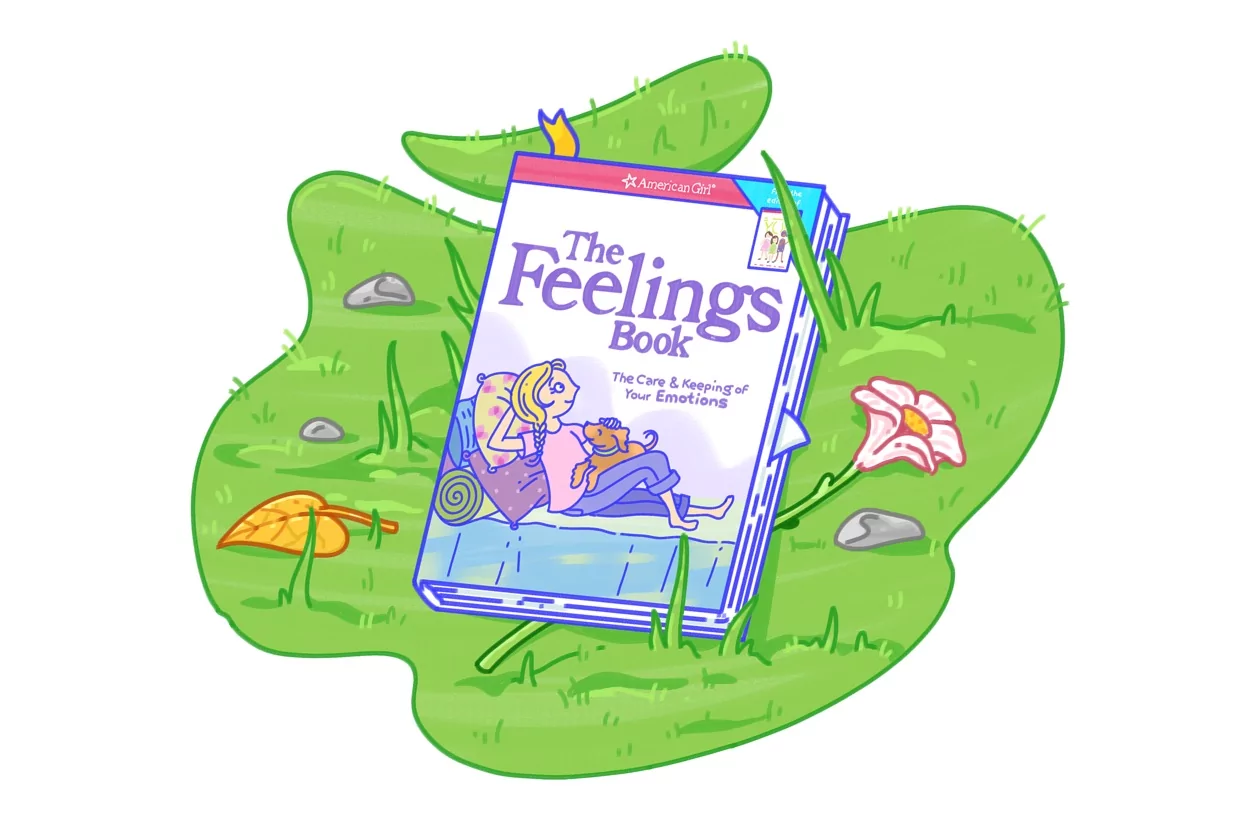Open communication between parent and child is crucial, and that’s especially true for children with central precocious puberty. Your child needs to know they can come to you with any issue, whether body changes, unfamiliar feelings, or problems at school due to CPP symptoms. While maintaining a safe space to discuss sensitive topics may not be easy, these strategies can help you and your child build a bond that extends far beyond CPP—and lasts for life.
Create a judgment-free zone
Kids who fear harsh judgment, punishment, or criticism tend to keep information to themselves—or even lie. As a parent, it’s up to you to temper your reactions, remain calm, and reward your child for their vulnerability… even if there are necessary consequences to their confessions.
Skip the inquiry
For kids navigating CPP, school and social events can be particularly overwhelming. So even though you may want to greet your child at the door with a million questions about their day, give them a moment to decompress so the two of you can have a more thoughtful conversation when you’re both up for it.
Practice active listening
When your child tells you a story, show that you’re engaged by repeating what they’ve said in the form of a question. For example: “You’re the tallest one in kindergarten?” Then ask pertinent follow-up questions that don’t have yes or no answers, e.g., “How does being taller than the other kids make you feel?”
Build trust
Trust isn’t a given—even for parents. Rather, it’s earned over time by repeatedly following through on your promises. If your child is afraid to get their next CPP shot, for instance, you can assure them that you’ll be there to hold their hand, and afterwards you can all go out for ice cream. Then deliver on those promises: The little things add up.
Model good communication behavior
The most important tip for healthy communication with your little one? Model healthy communication in your own life. Practice active listening in all your relationships. Express when you need to decompress. Follow through on your commitments and set boundaries with people who are unable to do the same. Kids notice and adopt our behaviors, so setting a positive example is everything.
At the end of the day, no parent communicates perfectly. But reliably meeting your child with openness, kindness, and care can make all the difference in the world.
TPI.2022.3250.v1 (v1.0)




